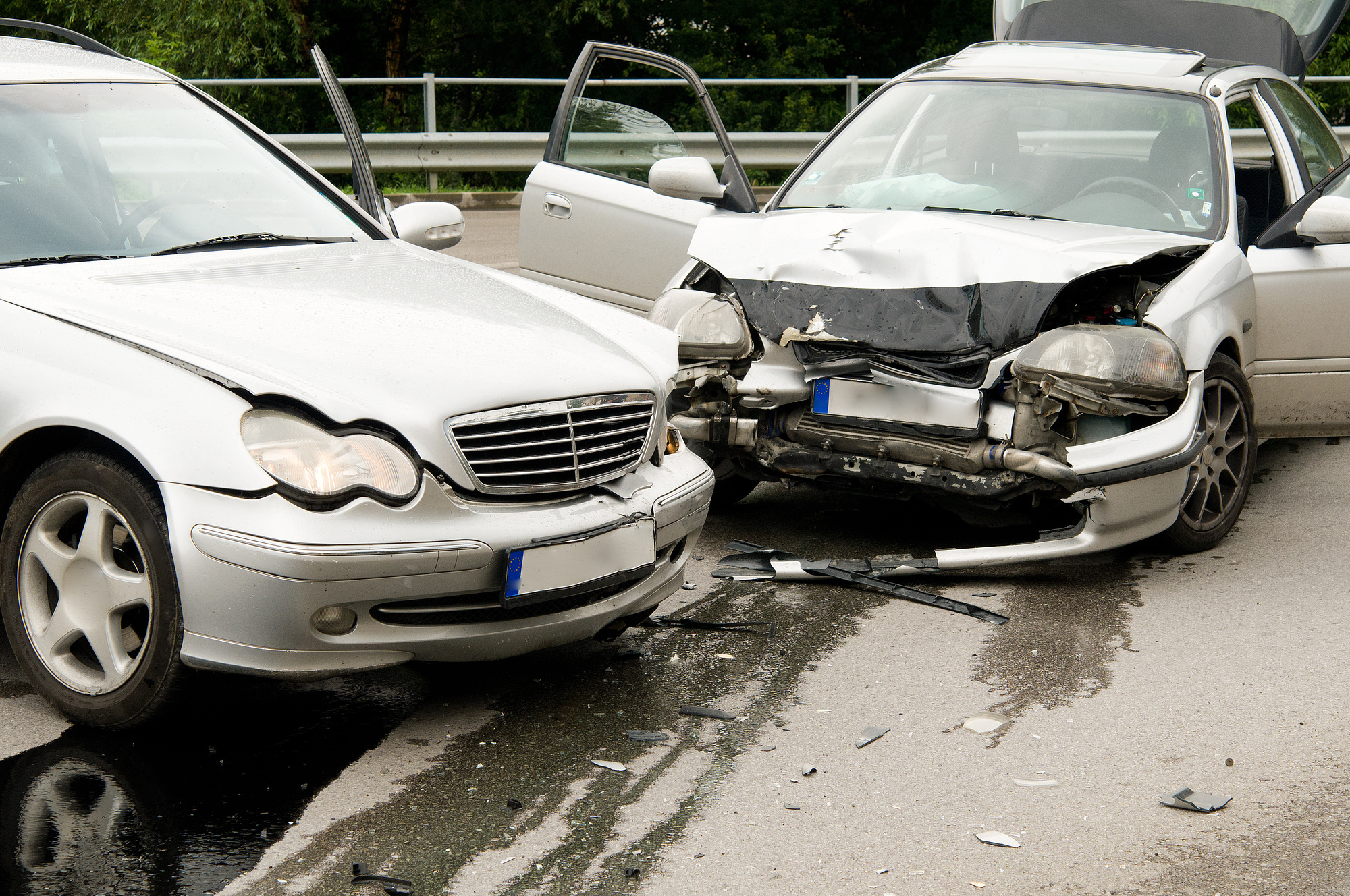Been in a Car Crash? Here Are 9 Things You Need to Do

A car crash can be a terrifying experience for any driver, especially if it wasn’t your fault.
The most recent statistics found that there were nearly 35,000 fatalities on the road in the US in the space of a single year. The consequences of a bad car accident can be enough to end your life.
That’s why, if an accident happens, you need to protect yourself — physically, mentally, and legally. You need to keep a cool head and know what steps to take.
That’s where we can help. Here are 9 important steps you need to follow after an accident involving your car.
Stop the Vehicle
The first thing you need to do when you’re involved in a crash is to stop your vehicle. Driving off is, without doubt, the worst thing you can do.
It’s not only illegal to do in most states and countries around the world, but it also puts the assumption of guilt on yourself, rather than any other drivers.
It doesn’t matter if you think the incident was minor. It isn’t your call to make — so stop, move your vehicle to a safe space if it’s possible, and turn your engine off.
Make the Scene Safe
Crashing on the road makes your accident scene unsafe, especially if there’s debris or gas on the road. Make the scene safe by checking on other drivers and passengers and moving them to safety.
You should also alert other drivers to any hazards in a safe manner, without endangering yourself. A good way to do this is to turn on your vehicle’s hazard lights.
If there are injuries, apply emergency first aid (assuming you can) and stay with anyone with serious injuries.
Call Emergency Services
You should call 911 very quickly after an accident. The dispatcher will send police and medical help to your location if needed.
A police report will be useful for any insurance claim you need to make. They can also help diffuse any disputes between parties in an accident and investigate the cause.
If somebody is criminally at fault (for instance, those driving while under the influence of drugs and alcohol), then they can arrest them. They can also help contain an accident scene and direct traffic.
Make a Record of the Scene
Police officers will record their own evidence at a crime scene (assuming that the accident is serious enough to warrant a dispatch) but you should be sure to make your own record.
The clearest picture of an accident is in the immediate aftermath. You should record a few brief points about what happened to help you argue your case and to refer to for any statement you might need to make.
If police officers are investigating, be as honest with them as you can. Don’t lie — even if you’re at fault. Be clear, and focus on the truth.
Injuries may take time to manifest (bruising or back pain, for instance), so if you’re asked about injuries, don’t give a firm answer of ‘no’. It’s better to say you’re not sure than to state, on the record, that you’re not.
Take Picture and Video Evidence
Don’t just rely on the written word. Take the opportunity to collect video and picture evidence of the scene so that you can use it to back up any legal case.
If you’ve used a dash cam, you might have evidence of the accident itself. Make sure to secure this so that you can give it to relevant authorities.
Take pictures of any damage, of license plates, and of any injuries suffered. Be sure to ask any police officers for permission, however. They may not allow you to take evidence of a scene until they’ve completed their initial investigation.
Get Yourself Checked out
You’ve seen the statistics, so it’s important that you seek medical assistance after a car accident and get checked out by a professional.
As we’ve stated, injuries don’t always appear straight away. You can’t guarantee that you’re safe until you’re looked over.
This can help you avoid damaging, permanent injuries. If you lost consciousness at any point or you suffered a concussion, don’t delay — seek medical assistance, now.
If you’ve been injured, here are 5 tips to help you know what to do afterward.
Collect Contact Details
The days after an accident are important. By this point, the blame game has likely started and you may need to start claims for compensation or to start legal proceedings.
The problem is, if you don’t know who the other drivers are, you’re going to struggle. Make sure, before you leave any scene, that you get the contact details and information about the other drivers.
Record their name and address, a contact number, their license plate number, and their driving license and insurance details. If police attended the scene, get the police report number for your case.
Contact Your Insurance Company
Your car’s been damaged, you could well be injured, and somebody is at fault. The next step on your to-do list is to contact your insurance company and alert them of the incident.
This isn’t a courtesy, as many insurance policies require you to alert them of an accident as soon as possible, as they may be forced to pay out on your behalf if you’re at fault.
You might also need to seek payments for medical help or for legal proceedings. Provide them with the facts and give any relevant information about the other party, along with any evidence you have.
Include the police report information too, so that they can liaise with the relevant authorities.
Speak to an Attorney
Not every accident is going to be no-fault, or with parties that co-operate. Sometimes, the only way to get the compensation or co-operation you’re entitled to receive is to speak to an attorney.
A car accident lawyer can help you understand your rights, as well as your responsibilities. If another party is at fault, they can review your case and help you begin a lawsuit.
They can also help you if you’re the driver at fault. If you’ve not spoken to your insurance company yet, or if you’re worried about doing so, they can make sure you don’t incriminate yourself by reviewing your statements.
Like we do, any good attorney will recommend you follow these steps after an accident to give you the best chance of preparing a case if you need to sue the other driver.
Be Prepared After a Car Crash
If you’ve been in a car crash, don’t panic, and don’t delay. Your health and your financial position could both be at risk.
Safety comes first, so stop your vehicle, secure the scene, call the emergency services and take evidence to keep disputes to a minimum. If there’s a dispute later, this evidence will help you get the compensation you deserve.
Don’t forget your health, however. Even if you don’t feel injured, be sure to get checked over by a medical professional. Your health isn’t worth the risk.
Liked our article? Then don’t forget to check out our other useful tips to help you navigate through life better.



